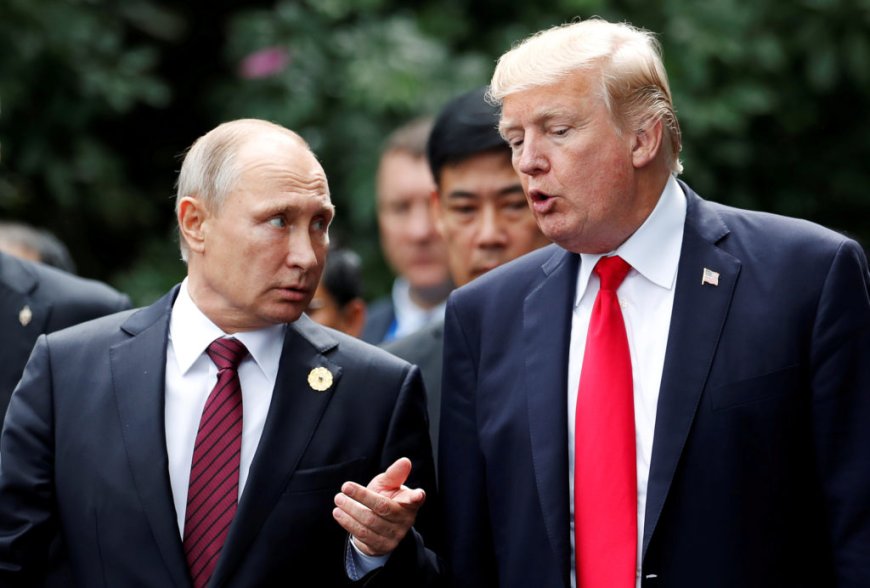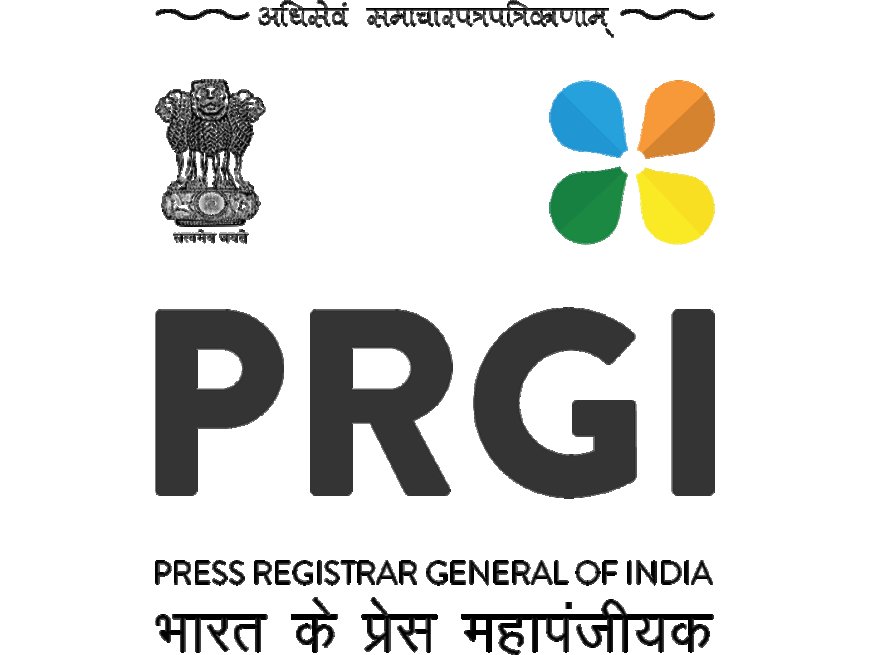Trump-Putin Diplomacy in Motion: U.S. Envoy Meets Putin as Peace Deadline Looms
U.S. envoy Steve Witkoff meets with Vladimir Putin in Moscow as Donald Trump pushes for a Russia-Ukraine peace deal before Friday’s deadline, with sanctions looming and a potential three-way summit in the works.

In a major diplomatic development this week, former President Donald Trump’s envoy, Steve Witkoff, met Russian President Vladimir Putin in Moscow on Wednesday, August 6, signaling renewed high-stakes efforts to broker peace between Russia and Ukraine. As tensions rise and Trump's self-imposed deadline of Friday approaches, talks of looming secondary sanctions are circulating, and there are now credible reports that Trump could hold a historic joint meeting with both Putin and Ukrainian President Volodymyr Zelenskyy next week.
A High-Level Meeting in Moscow
Steve Witkoff, a New York real estate magnate and long-time Trump confidante, was dispatched to Moscow to deliver a private message from Trump to Putin. According to sources close to the meeting, the discussion covered a potential ceasefire agreement and the contours of a broader peace framework.
Putin reportedly expressed a willingness to negotiate, although Russian state media emphasized Moscow’s concerns about NATO’s eastern expansion and continued Western arms shipments to Ukraine.
While the White House has distanced itself from Trump’s shadow diplomacy, insiders suggest that the Biden administration is watching closely, particularly with Trump's strong influence over the Republican-led Congress and increasing public support for a negotiated end to the war.
Friday Deadline and Sanction Threats
Trump, who has been actively campaigning for a peaceful resolution since early 2025, has publicly stated that if a peace deal is not in place by Friday, August 9, he will push for sweeping secondary sanctions on all entities — including European and Asian companies — found to be indirectly supporting the conflict through military or financial means.
Secondary sanctions could severely disrupt already strained global supply chains and apply massive pressure on Russia’s remaining allies, including China and Iran. Analysts warn such a move would also impact U.S. businesses and potentially divide Western alliances.
“Trump’s peace-through-pressure model is unconventional, but his backing in Congress could give his proposals serious weight,” said Foreign Policy Research Institute analyst Margaret Adler.
A Potential Three-Way Summit?
Perhaps the most explosive element of this unfolding saga is the possibility of a three-way summit involving Trump, Putin, and Zelenskyy — potentially taking place in Geneva or Istanbul as early as next week.
Neither the Kremlin nor the Ukrainian government has confirmed the summit, but senior sources in Kyiv said there was an "active channel" open through intermediaries, including Turkish diplomats and American business leaders with regional ties.
Trump, known for his affinity for high-profile negotiations, reportedly believes a personal sit-down with the two leaders could result in a framework that avoids further escalation and ends the war — now entering its fourth year.
Global Reactions and Domestic Ramifications
The Trump-led diplomatic efforts have triggered mixed reactions both at home and abroad. European leaders remain cautious, with French President Emmanuel Macron saying any deal must respect Ukraine’s sovereignty. Meanwhile, critics in Washington argue Trump’s moves undermine official U.S. foreign policy, warning of potential constitutional concerns.
Still, the peace push has won praise from some quarters. A bipartisan group of lawmakers recently sent a letter to Secretary of State Antony Blinken urging the administration to "remain open to parallel diplomatic initiatives aimed at ending bloodshed."
Domestically, Trump's strategy could shape the 2026 midterms and his political future. If he’s successful in bringing the two sides to the negotiating table, it could offer a powerful narrative to contrast against the current administration’s more traditional diplomacy.
The Road Ahead
As of now, all eyes are on Friday’s deadline. Whether Trump follows through with his sanctions threat — and whether a Putin-Zelenskyy-Trump summit materializes — could redefine not only the war’s trajectory but also the future of international diplomacy.
What’s clear is that Trump’s imprint on U.S. foreign policy, even from outside official government channels, remains as disruptive as it is influential.











